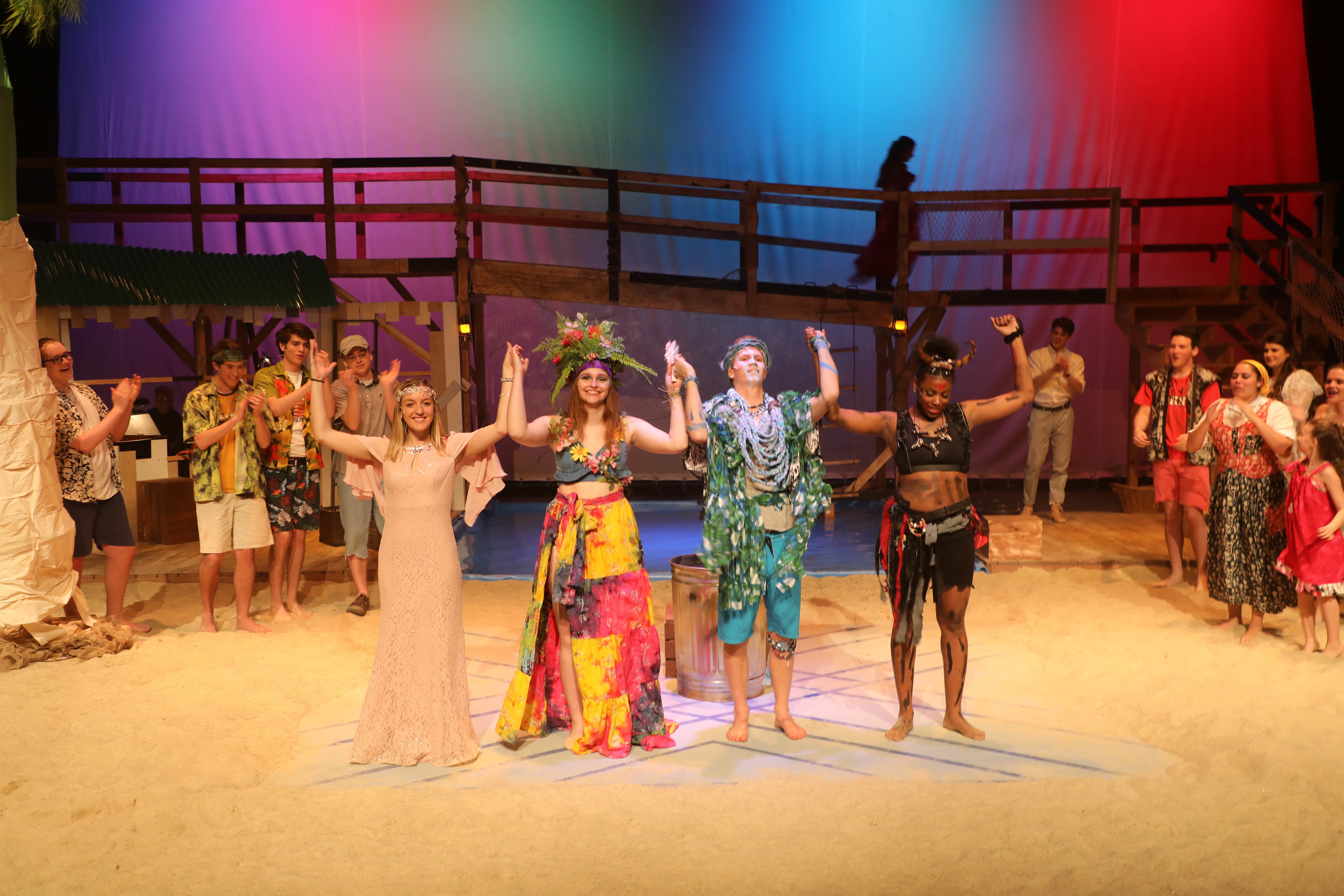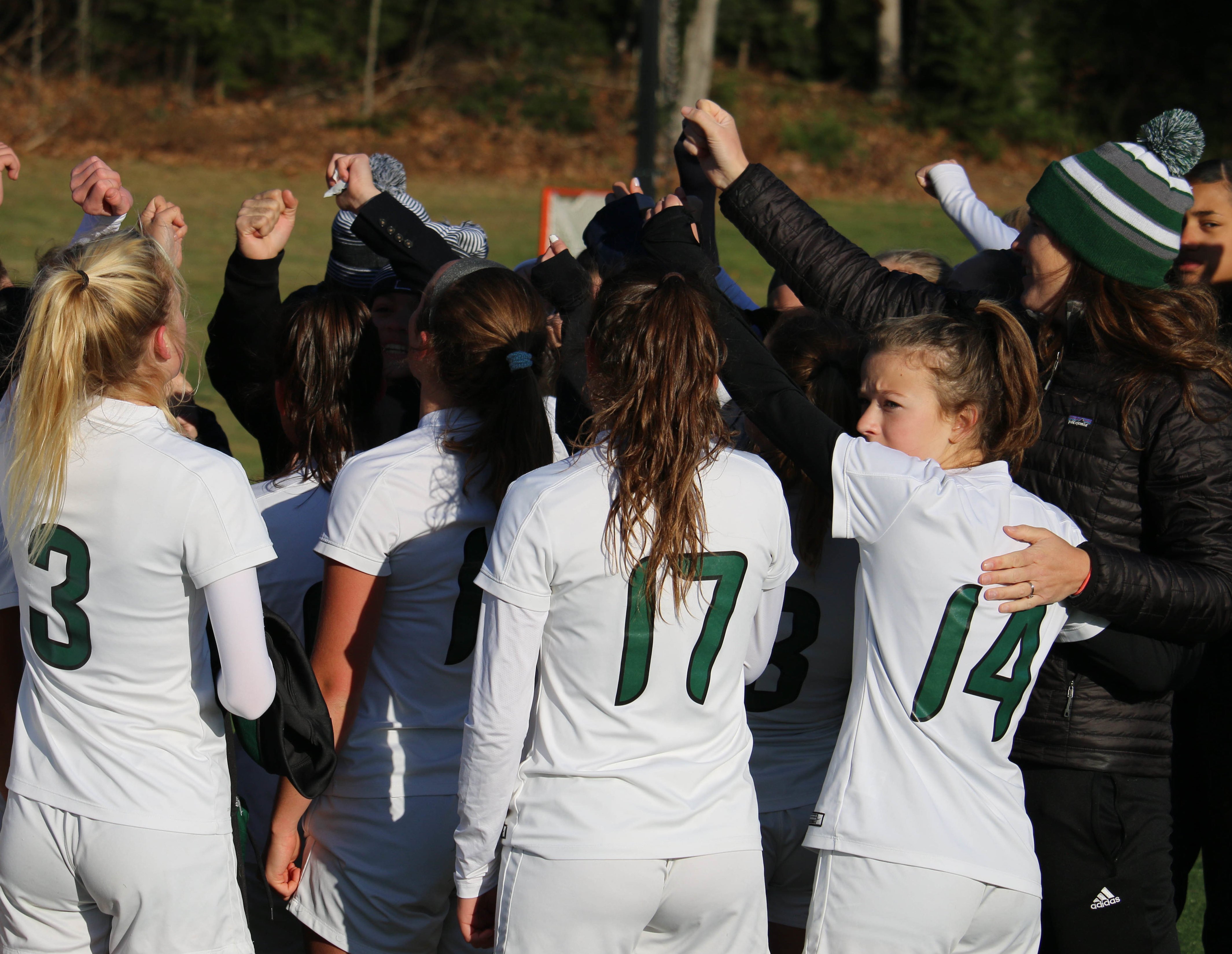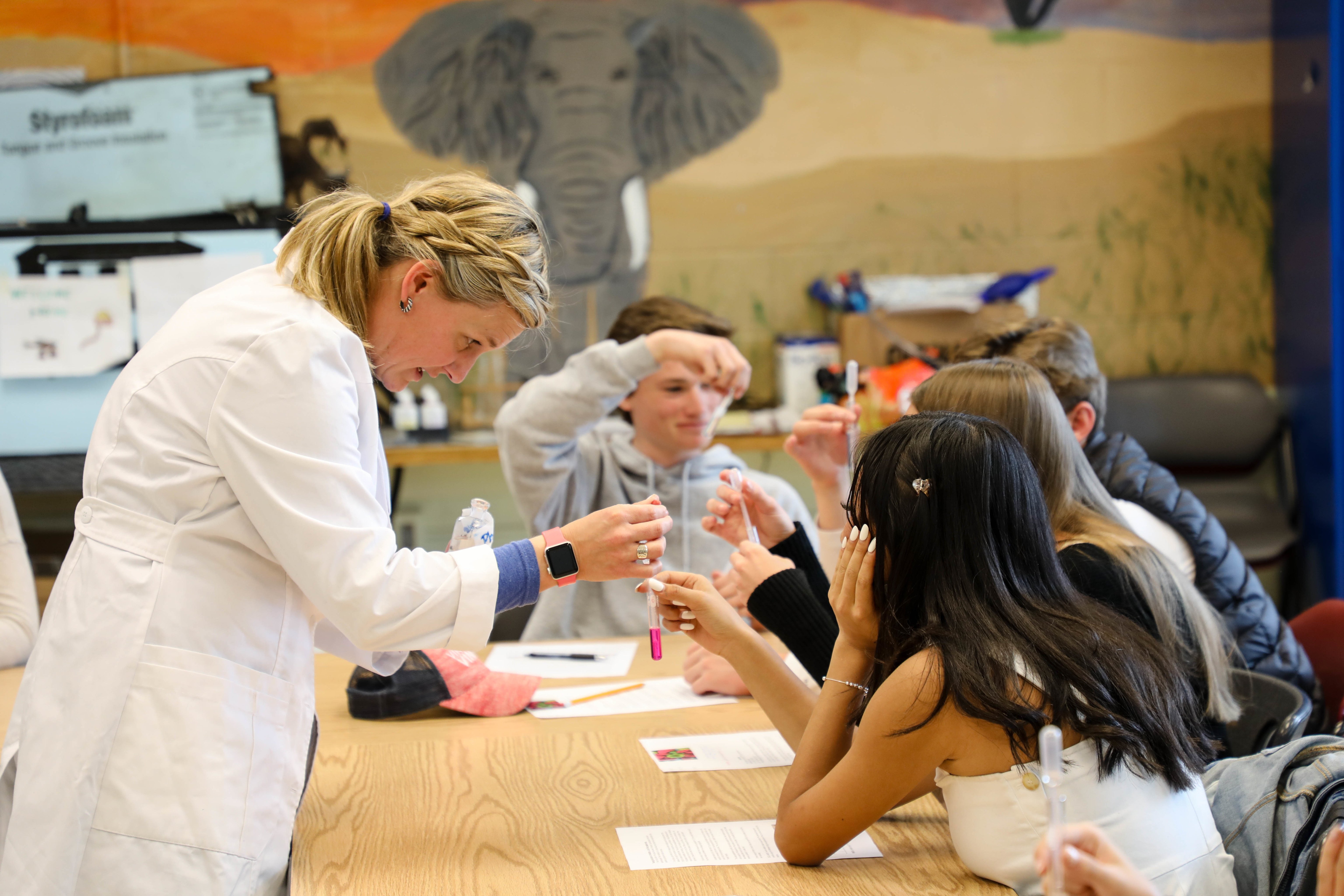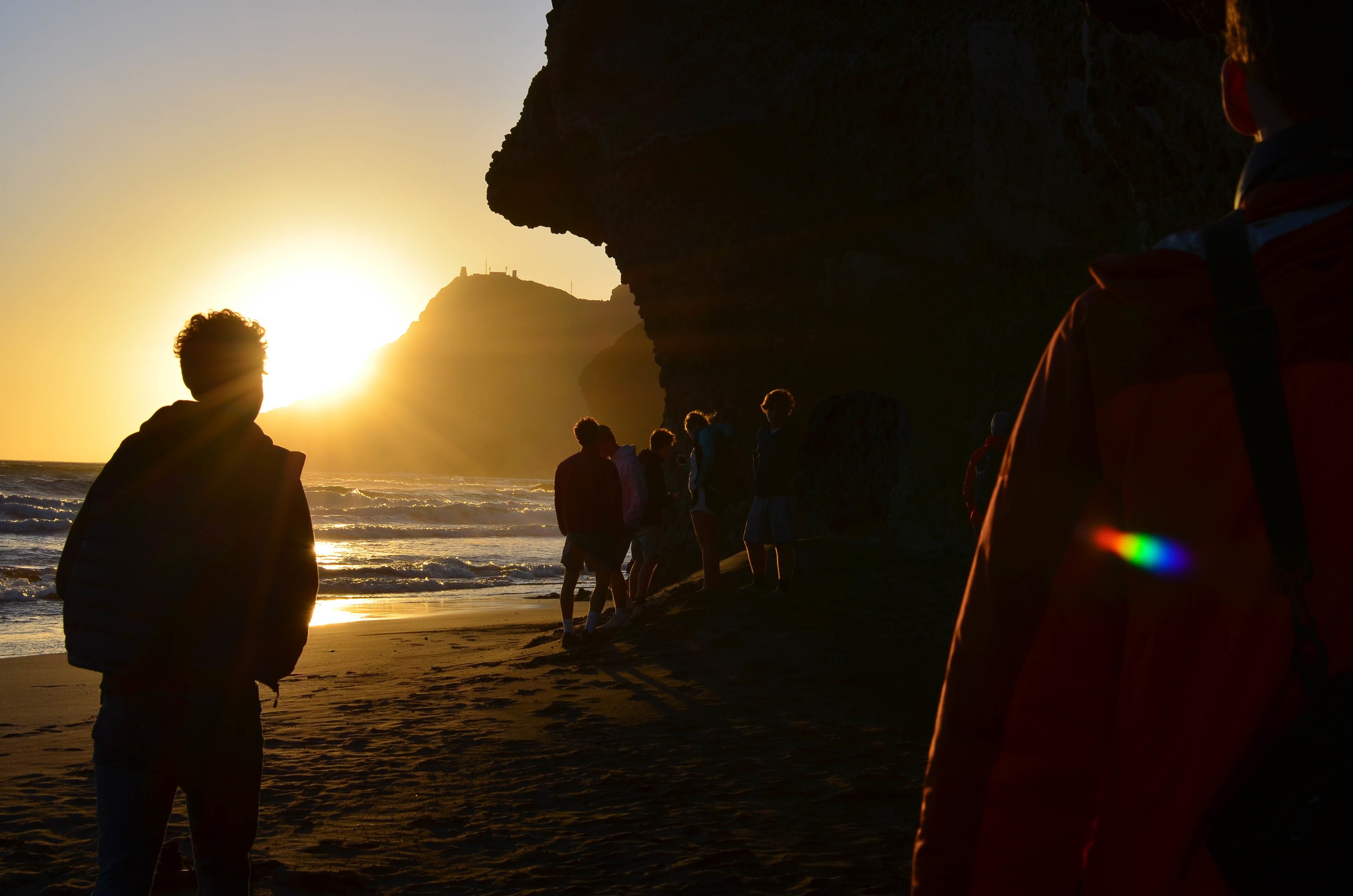Front and center in our conversations with prospective students is our belief in expanding our students’ identities during their Proctor journey. We encourage each prospective student to ask themselves “Who could you become?” They arrive with one perception of self and quickly realize their self-imposed, artificial confines of identity need not apply here. Institutionally, we are facing our own “Who could we become?” moment. What can we learn from this COVID-19 induced remote experience this spring? How can online or a hybrid learning model work at Proctor? What do we miss most about our community being together and how do we ensure that sustains in the future?

We fancy ourselves an entrepreneurial school, one that has consistently responded to crises of the past with ingenuity and grit. Ian Symmonds, a leading educational strategist, shared this blog post earlier this week that sparked email chains and Webex chats among faculty and staff discussing his main points. How will Proctor keep up, dare we say lead, in this rapidly changing landscape? How do we leverage all we've learned with in this rapid shift to online, and yet ensure that in our continued evolution we do not lose the “magic” that is Proctor? How do we embrace on-going disruption, fluidity of strategic thinking, and the normalization of change?

What this spring has taught us so far is this: a) we can facilitate an online learning experience with remarkable success, b) our students and their families are remarkably resilient, c) we, as a teaching faculty, are more capable than we previously thought of quick, rapid shifts in teaching pedagogy because of our creativity, and d) we miss our community terribly and online community is simply not a substitute for in-person relationships. Proctor is finding success through a remote learning model right now because of the foundational relationships built over the previous months, years, decades. Core to the Proctor experience, both on campus and off, are these relationships, and as we begin to think strategically about how we emerge from this spring poised to embrace a post-coronavirus landscape, we must keep the nurturing of these relationships front and center.

This week is quickly winding to a close. We observe our students (and us) settle into a routine of online classes and virtual connection. We see ourselves become more effective teachers as we are forced to truly think about how we are designing classes. We flex and shift and evolve, unwed to previous realities or perceptions of ourselves as educators. We are the equivalent of our ninth grade selves just beginning to understand and appreciate the opportunities that lie before us. We are poised to think beyond this spring and engage in the critical exercise of envisioning how our identity might evolve as a school without compromising who we are at the core: a community of relationships.

Our Jewish brothers and sisters began Passover at sundown Wednesday evening; a celebration of spiritual and physical redemption, of newfound liberation. Those of Christian faith continue their observance of Holy Week with Good Friday followed by Easter Sunday, celebrations of rebirth and new life. With these holidays and their deeper meanings at the forefront of our personal lives, we carry their messages into the slowly shifting narrative that surrounds us. We move from hopelessness to promise, from fear to freedom. It is in this freedom that we will find ourselves, and begin to fully realize who we could become.








